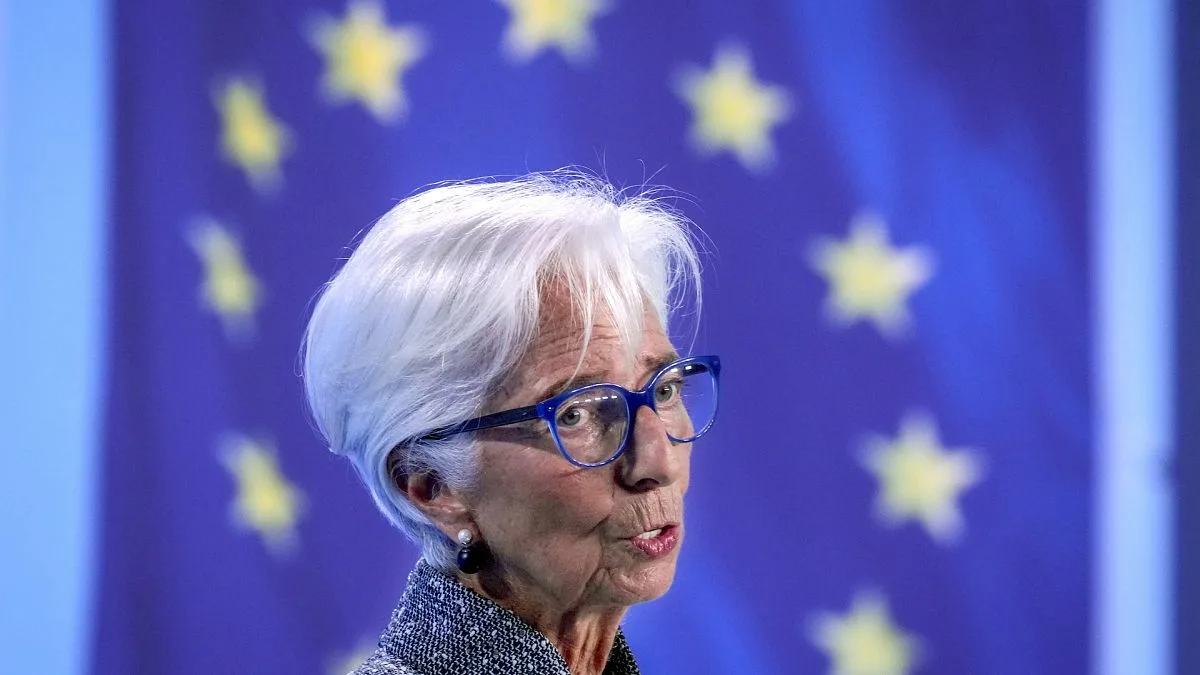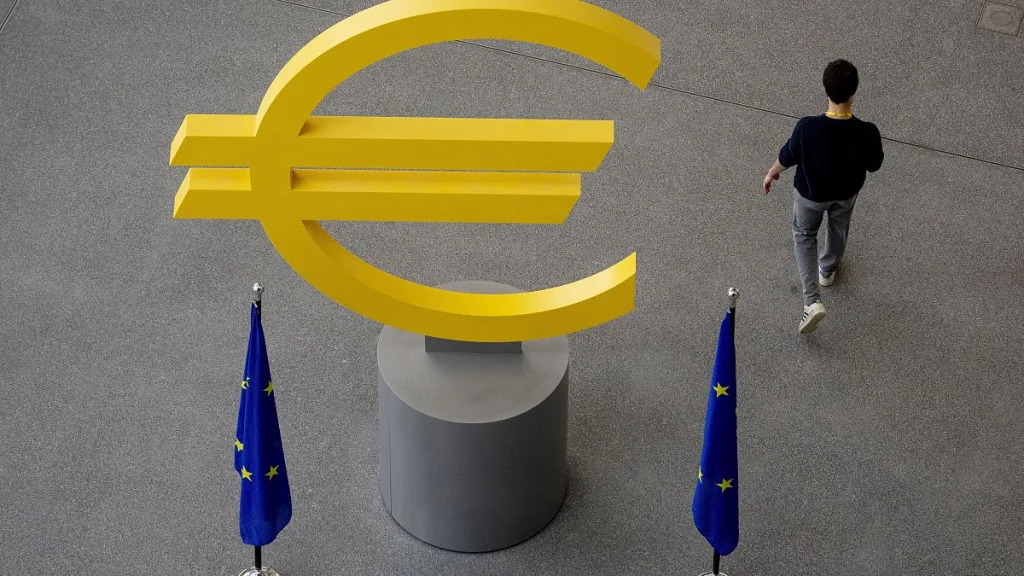In September, Germany’s business confidence plummeted for the fourth consecutive month, reaching its lowest levels in nearly a year. Despite this economic downturn, the DAX stock index remains surprisingly resilient, approaching historic highs.
The ifo Business Climate Index, which aggregates insights from approximately 9,000 businesses across various sectors— including manufacturing, services, trade, and construction— fell to 85.4 points in September, down from 86.6 in July and below the anticipated 86 points.
This decline signifies a significant deterioration in current business conditions, with the index dropping to 84.4 points— marking the lowest status since July 2020.
“Sentiment among German companies has worsened again, and the outlook for the upcoming months continues to decline. The German economy is experiencing intensified pressure,” stated Clemens Fuest, president of the ifo Institute.
The manufacturing sector faced the brunt of the decline, with the index falling to its lowest since June 2020. Businesses reported a notably poorer current situation, coupled with a negative outlook for the future.
“The lack of orders has intensified, and core sectors of German industry are struggling,” the ifo Institute highlighted.
The trade sector also showed signs of decline, with increasing pessimism regarding future conditions.
This grim forecast aligns with a broader slowdown in Germany’s economy, as private sector data from S&P Global revealed a contraction in September, marking a seven-month low. Manufacturing reported its steepest decline in a year, and growth in the services sector also weakened.
US Political Uncertainty Poses Risks to German Exports
Adding to the economic challenges, the ifo Institute cautioned that a potential re-election of Donald Trump could further jeopardize Germany’s export prospects.
A recent analysis suggests that Germany’s exports to the United States could fall by nearly 15% if Trump reinstates tariffs on imports. Auto exports might plummet by 32%, while pharmaceutical products could see a drastic decline of 35%.
“As a nation highly dependent on exports, Germany would face significant repercussions from increased US tariffs and an escalating trade war between the US and China, its two primary trading partners,” the ifo Institute warned.
Estimates indicate that over a four-year period, Germany’s GDP could be impacted by between €120 billion and €150 billion due to these factors.
DAX Index Defies Economic Realities
Amid these unsettling economic signs, the DAX index appears detached from reality. Despite the widespread economic challenges, the DAX is flourishing, trading at around 19,000 points during early Tuesday sessions—an increase of 0.7% and just shy of its all-time high.
This scenario reflects a growing trend in global markets, where investors are lifted by encouraging signals of monetary easing from major central banks.
Recently, the People’s Bank of China announced unexpected measures to stimulate its economy, including a 50-basis-point cut in the reserve requirement ratio by the year’s end. A day prior, it also reduced the 14-day reverse repurchase rate by 10 basis points to 1.85%.
In the US, last week, the Federal Reserve lowered interest rates by 50 basis points for the first time in four years, with further reductions anticipated.
Weak data from both the eurozone and Germany is bolstering expectations of additional rate cuts by the European Central Bank, with futures markets estimating nearly a 50% chance of another rate cut in October.
Among standout performers in the DAX were Infineon, which surged by 3.8%, along with several major German automakers. BMW climbed 3.3%, Porsche rose by 3.2%, while Mercedes-Benz, VW, and Daimler Truck Holding all saw gains approaching 2%.
Photo credit & article inspired by: Euronews



